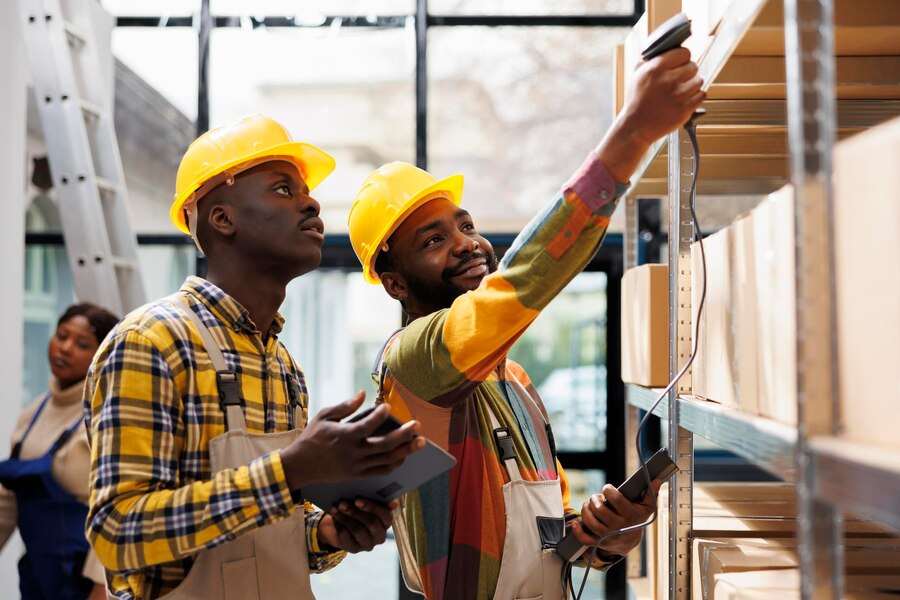
The Impact of Digital Twins on Nigeria's Construction Industry
The construction industry in Nigeria is on the cusp of a digital revolution, with one of the most promising technologies being the adoption of digital twins. This innovative approach involves creating a comprehensive digital representation of physical assets, which can range from individual buildings to entire infrastructure systems. Here’s how digital twins are reshaping construction in Nigeria. A digital twin is a virtual model designed to accurately reflect a physical object. In construction, this means having a dynamic, real-time digital counterpart of a building or infrastructure project that can be used for simulation, analysis, and maintenance planning.
Why Nigeria needs it?
- Enhanced Project Planning and Design: Digital twins allow for detailed simulations before construction begins. This can lead to better decision-making, reducing design errors and optimizing resource use, which is particularly beneficial in managing Nigeria's complex project landscapes.
- Risk Management: By simulating how a structure would respond to various conditions (like weather, traffic, or wear over time), digital twins help in anticipating and mitigating risks, thereby preventing costly mistakes or delays.
- Operational Efficiency: Once a project is completed, its digital twin can be used for ongoing maintenance, predicting when parts need replacing or when systems might fail, significantly reducing downtime and maintenance costs.
- Sustainability: Digital twins facilitate the monitoring of energy usage, structural integrity, and other environmental impacts, pushing forward Nigeria's agenda on sustainable construction.
Applications in Nigeria
- Infrastructure Development: Projects like the Lagos-Ibadan expressway or the Abuja light rail system could benefit immensely from digital twins by optimizing construction phases, predicting maintenance needs, and ensuring longevity. Building Projects: From high-rises in Lagos to educational facilities in rural areas, digital twins can help in managing construction, ensuring compliance with standards, and enhancing operational efficiency post-construction.
- Urban Planning: For urban centers rapidly expanding, digital twins offer a tool for city planners to simulate traffic, utility demands, or growth scenarios, fostering smarter urban development.
Challenges and Considerations
- Technological Infrastructure: The effective use of digital twins requires robust IT infrastructure, which can be a challenge in areas with inconsistent power supply or internet connectivity. However, this also presents an opportunity for investment in digital infrastructure.
- Skill Gap: There's a need for training professionals in this technology. Universities and technical institutes in Nigeria are beginning to integrate digital twin technology into their curricula, signaling a move towards a more tech-savvy workforce.
- Cost: Initial setup can be costly, but the long-term savings in terms of efficiency, reduced risk, and maintenance often justify the investment. Data Security: With comprehensive data models, ensuring the security of digital twins from cyber threats is crucial, necessitating a focus on cybersecurity.
Future Prospects
The adoption of digital twins in Nigeria's construction sector is still nascent but growing. With government initiatives focusing on digital transformation, partnerships with tech companies, and an increasing awareness among stakeholders of the benefits, the trajectory is upward. The technology not only promises to streamline construction processes but also aligns with Nigeria's vision for smart cities
